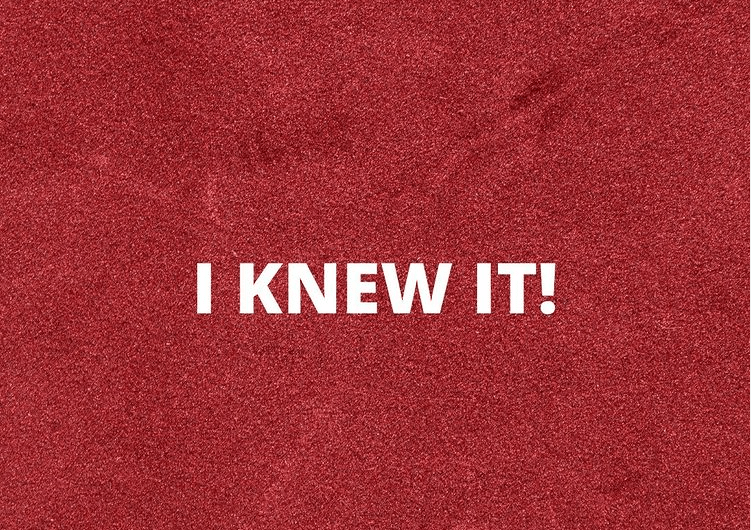We, as humans, tend to live in extremes. Sometimes, in the warmth of our comfort zones & sometimes on the edge of a cliff.
It is either black or white when one should, ideally, be able to look at life from the grey area.
And so, due to our ‘extreme’ ways of looking at the world, we display a host of cognitive biases.
One such interesting bias we show is the ‘Hindsight Bias’.
Understanding Hindsight Bias
The Hindsight Bias is a kind of systematic error in cognition whereby people believe they “saw it coming all along” when they are able to predict the outcome of a situation correctly.
People believe past events are ‘more’ predictable (than they actually were) when they get it right.
Examples of Hindsight Bias
Think of all those times when you have expressed doubts about your ability to give a good presentation but ended up giving a great impromptu talk.
You went back to your friend & exclaimed “I knew I would do well!”
Although you, in fact, did not know it all along.
This is the Hindsight Bias.
Another notable example could be that you went to watch a match. When it got over, you might insist that you knew which team was going to win all along, despite not being sure.
Negative Consequences of Hindsight Bias
Hindsight bias is very often called the ‘I knew it all along’ phenomenon.
You are insisting on knowing the outcome of a scenario without being sure of it.
A direct negative outcome of this bias is the experiencer’s inability to learn from past events & to improve behaviour because they do not have any negative feelings/experiences attached to them, & thus no lesson is learned from the outcome.
You might not prepare for your future presentations either because your experience says “you aced it”.
Impact on Learning
A common result of hindsight bias is found in students. When studying through their courses, students often think to themselves, ‘Oh, I knew that’. Under this harmful assumption, when the time of the actual test arrives, students often fail to score good results.
And therefore, we are often warned to be wary of the hindsight bias.
Thoughts?




